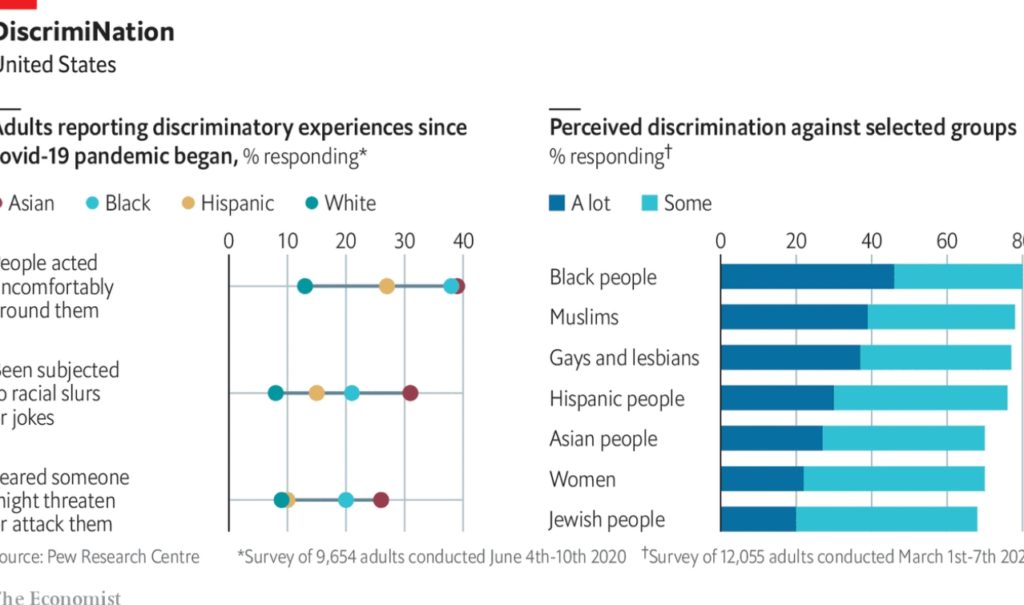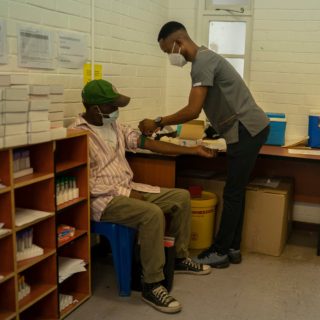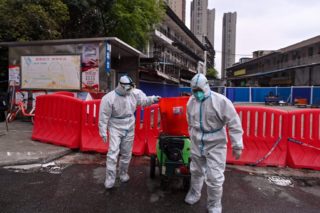One-quarter of Asian-Americans say they have feared for their safety
A LONE GUNMAN shot up three spas in Georgia last week killing eight people, six of them Asian women. Although law enforcement has yet to find evidence that the attack was racially motivated, officers have yet to rule it out. The incident has drawn attention to a worrying rise in anti-Asian sentiment in America since the pandemic struck just over a year ago. Over the weekend, as protests against Anti-Asian violence were held around the country, the New York Police Department responded to five attacks against people of Asian descent. In one incident, a 54-year-old woman walking home in the Lower East Side was struck in the face with a metal pipe. The suspect was reportedly heard saying, “I came here to fuck up Asians”.
Polls suggest that Asian-Americans are the targets of a growing number of racist incidents. In a poll conducted last year by the Pew Research Centre, a think-tank, roughly one in four Asian-Americans reported fearing that someone might threaten or physically attack them because of their race or ethnicity in the past year. These numbers are higher than for any other racial group—a significant finding, considering that the history of racial attacks in America mostly involves whites targeting blacks. One in three Asian-Americans reported being the target of slurs or racist jokes, and 39% said that people have acted uncomfortably around them.
It is hard to pinpoint a single cause for this spike in Anti-Asian discrimination. This is, in part, because it is hard to study. Robert Aaron Long, the Georgia assailant, told the police he may have been motivated by sexual addiction, perhaps towards Asian women, given the targets of the crime. We need not take the words of an alleged mass murderer for granted. Stop AAPI Hate, an advocacy group that has been tracking anti-Asian violence in America during the pandemic, received nearly 3,800 descriptions of “hate incidents” between mid-March 2020 and the end of February 2021.
Such intolerance has at times originated from the top. Donald Trump, who has referred to the coronavirus as the “Chinese virus”, may have influenced his followers’ feelings toward Asian people. In a new study of nearly 700,000 tweets, researchers at the University of California, San Francisco parsed nearly 1.3m hashtags from the week before and the week after Mr Trump first tweeted the phrase and found that it had led others to use anti-Asian language as well. Last year, Mr Trump also referred to covid-19 as “Kung flu.”
Not every racist becomes violent. But leaders can stoke violence among their followers. If 0.1% of racists go on to commit hate crimes, increasing the pool of racists will inherently lead to more violence.
By The Economist





